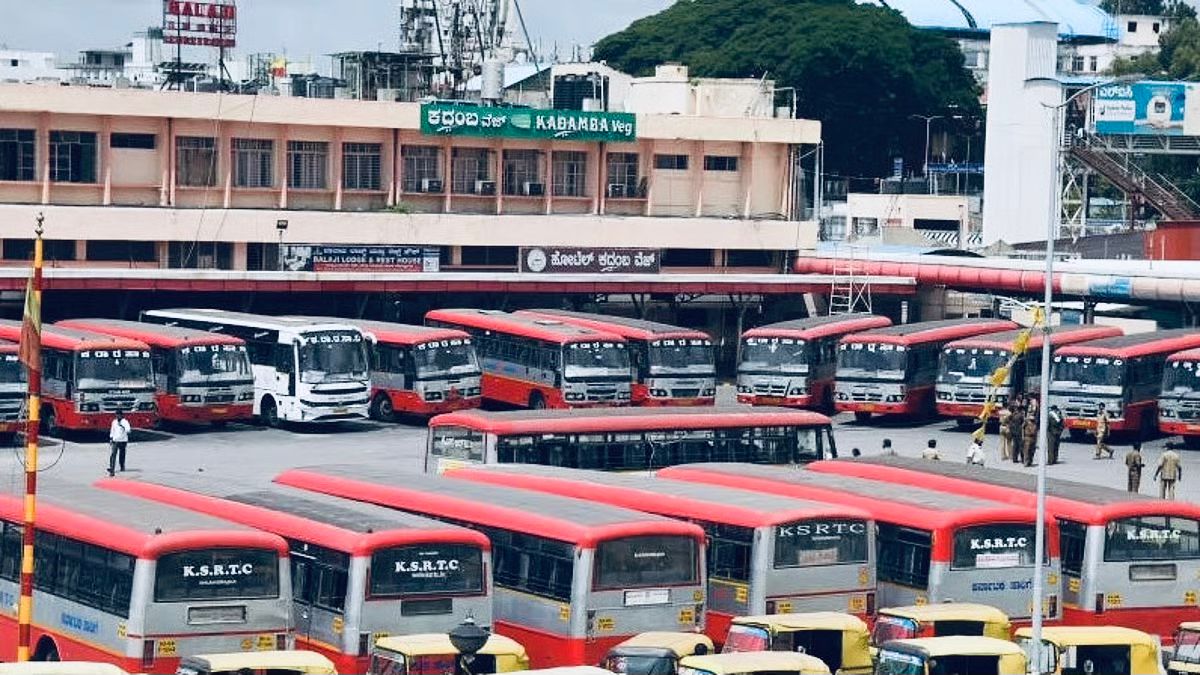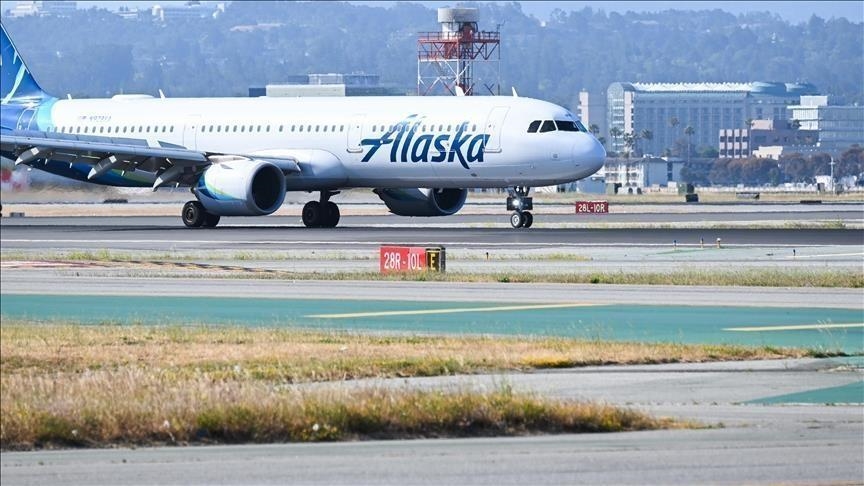Now Reading: Karnataka Transport Workers Launch Protest Over Salary Delays and Privatisation Fears
-
01
Karnataka Transport Workers Launch Protest Over Salary Delays and Privatisation Fears
Karnataka Transport Workers Launch Protest Over Salary Delays and Privatisation Fears

Public transport services across Karnataka were disrupted on Monday as thousands of workers from state-run transport corporations took to the streets in protest. Their demands centre around delayed salary payments, opposition to proposed privatisation, and concerns over job security. The situation has raised questions about how government-run services are managed and whether worker voices are being adequately heard.
What Triggered the Protest?
Transport workers from Karnataka’s major state-run corporations—including KSRTC, BMTC, NWKRTC, and KKRTC—are protesting on multiple fronts. The primary issue is unpaid salaries, with many workers claiming they haven’t received payments on time for months. For employees living paycheck to paycheck, this has caused significant stress and financial strain.
Another major point of contention is the state government’s push towards privatisation of transport services. Workers fear that handing over routes or operations to private entities could lead to job losses, reduced benefits, and instability in their employment conditions.
Impact on Daily Commuters
The protest has caused noticeable disruption in bus services, especially in Tier 2 cities like Mysuru, Hubballi, and Belagavi, where public transport is often the main mode of commuting for thousands. Several routes were suspended or delayed, forcing commuters to rely on autos, taxis, or private vehicles—leading to increased traffic and higher travel costs.
While the transport department tried to operate a few essential services with the help of temporary staff, the absence of regular drivers and conductors was clearly felt.
Workers’ Demands
The protesting employees are demanding:
- Immediate clearance of pending salaries
- A written assurance that there will be no forced privatisation
- Restoration of staff welfare benefits
- Job security and improved working conditions
Union leaders have said they are open to dialogue but insist that the government must provide concrete solutions rather than vague promises.
Government’s Response
As of now, the Karnataka government has urged workers to return to duty, stating that discussions are underway to resolve the crisis. However, no formal resolution had been reached at the time of writing. The state is walking a tightrope—balancing the need to modernise transport services while addressing worker concerns to avoid prolonged unrest.
Conclusion
The ongoing protest highlights a deeper issue in India’s public sector—delays in salaries, lack of communication, and growing fears of privatisation without safeguards. For cities in Karnataka, especially those beyond Bengaluru, this isn’t just a transport problem. It’s a reflection of how livelihoods are closely tied to how public services are managed and prioritised.

























